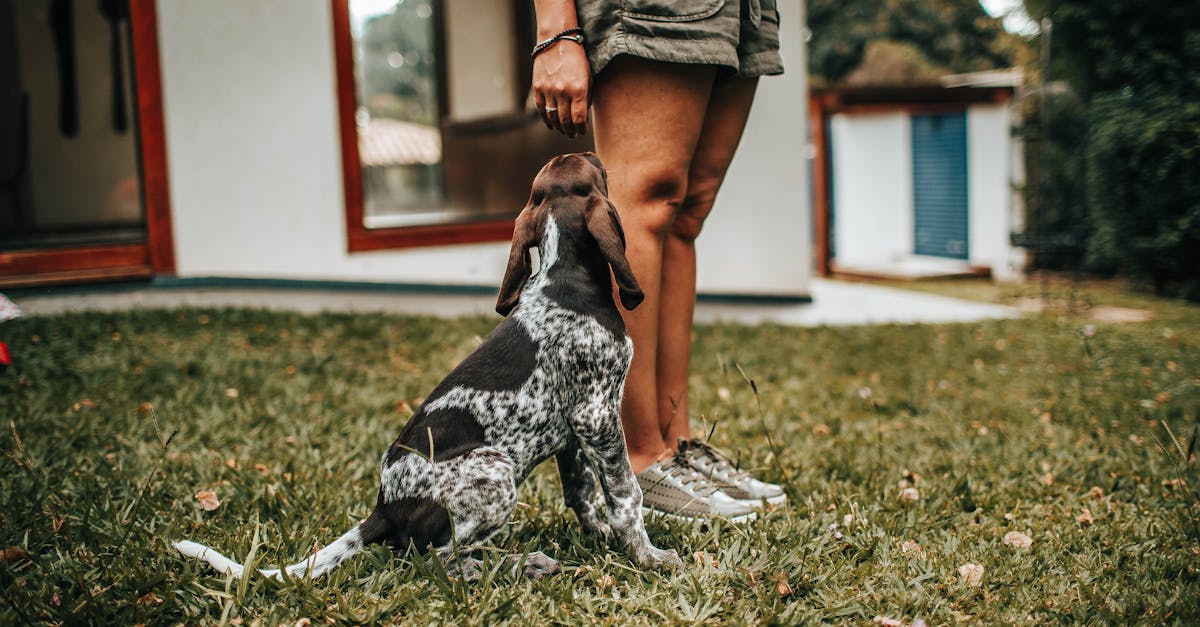Is your dog straining during potty breaks or skipping them altogether? Constipation is a common yet often overlooked issue in dogs. While it can be uncomfortable for your furry friend, understanding the causes and solutions can help get their digestive system back on track.
🐕 What Is Constipation in Dogs?
Constipation occurs when your dog has difficulty passing stool or has infrequent bowel movements. A healthy dog typically poops one to two times a day, depending on their diet and activity level. If they go more than 48 hours without pooping, they may be constipated.
When a dog is constipated, their stool can become hard, dry, or pebble-like, making it painful to pass. In severe cases, untreated constipation can lead to a condition called obstipation, where the colon becomes completely blocked.
🚨 Signs Your Dog Might Be Constipated
Recognizing the signs of constipation can help you act quickly to prevent discomfort or complications. Watch for:
- Straining or crouching with no bowel movement
- Passing small, hard, or dry stools
- Whining or showing discomfort during defecation
- Decreased appetite
- Lethargy or lack of energy
- Swollen or painful abdomen
If your dog exhibits any of these symptoms, especially for more than a day, it’s time to investigate further.
🤔 Common Causes of Constipation in Dogs
Constipation can happen for a variety of reasons, ranging from minor to serious. Here are some common culprits:
- Low-fiber diet or poor-quality dog food
- Dehydration or insufficient water intake
- Swallowing indigestible objects like bones, hair, or toys
- Lack of exercise or sedentary lifestyle
- Age-related issues, particularly in senior dogs
- Medications like antihistamines or pain relievers
- Underlying medical conditions such as tumors, anal gland issues, or neurological problems
Some dogs are also more prone to constipation due to their breed or size. For example, small breeds like Dachshunds may be at higher risk because of their anatomy.
🛑 When to Worry About Your Dog’s Constipation
While occasional constipation is normal, persistent or severe cases require veterinary attention. Here are red flags to look out for:
- No bowel movement for more than 48 hours
- Blood in stool or rectal bleeding
- Vomiting or nausea
- Severe pain or distress
- Loss of appetite and weight
These symptoms may indicate a more serious issue, such as a blockage, infection, or a systemic condition like hypothyroidism. In such cases, consult your vet immediately.
🏠 Home Remedies for Mild Constipation
If your dog’s constipation seems mild and they’re otherwise healthy, you can try these safe home remedies:
- Add a tablespoon of canned pumpkin (unsweetened) to their meals
- Increase their water intake by adding water to their kibble
- Encourage physical activity with walks or playtime
- Incorporate high-fiber treats or supplements
- Offer a teaspoon of olive oil to lubricate their digestive tract
Always consult your vet before trying home remedies, especially if your dog has existing health issues.
💊 Veterinary Treatments for Constipation
If home remedies don’t work, or your dog’s constipation is severe, your veterinarian may recommend treatments such as:
- Prescription laxatives or stool softeners
- Manual removal of impacted stool under sedation
- Diagnostic imaging (X-rays or ultrasounds) to check for blockages
- Enemas administered by a professional
- Treatment for underlying conditions like infections or thyroid disorders
In extreme cases, surgery may be required to remove foreign objects or correct structural issues in the colon.
🍖 Preventing Constipation in Dogs
Prevention is always better than cure. Here are simple ways to keep your dog’s digestive system healthy:
- Feed a balanced, high-fiber diet
- Ensure they always have access to fresh water
- Stick to a consistent exercise routine
- Monitor their chewing habits to prevent ingestion of foreign objects
- Keep up with regular vet checkups
By maintaining good habits, you can reduce the chances of constipation and keep your dog feeling their best.
FAQs
Q: Can stress cause constipation in dogs?
A: Yes, stress or anxiety can disrupt your dog’s normal bowel movements, leading to constipation.
Q: Is it safe to give my dog human laxatives?
A: No, human laxatives can be harmful to dogs. Always consult your vet for safe options.
Q: How long can a dog go without pooping?
A: Most healthy dogs poop daily. If your dog goes more than 48 hours without pooping, consult your vet.
Q: Can I use pumpkin for my dog’s constipation?
A: Yes, plain canned pumpkin is a natural remedy that can help with mild constipation due to its high fiber content.
Q: When should I take my dog to the vet for constipation?
A: If your dog hasn’t pooped in over 48 hours, shows signs of pain, or has other symptoms like vomiting, see your vet immediately.
References
- PetMD – Constipation in Dogs
- VCA Hospitals – Constipation in Dogs
- ASPCA – Common Dog Behavior Issues
- AKC – Constipation in Dogs
Book a $49 online vet consultation at https://www.dialavet.com for fast, expert advice.






















